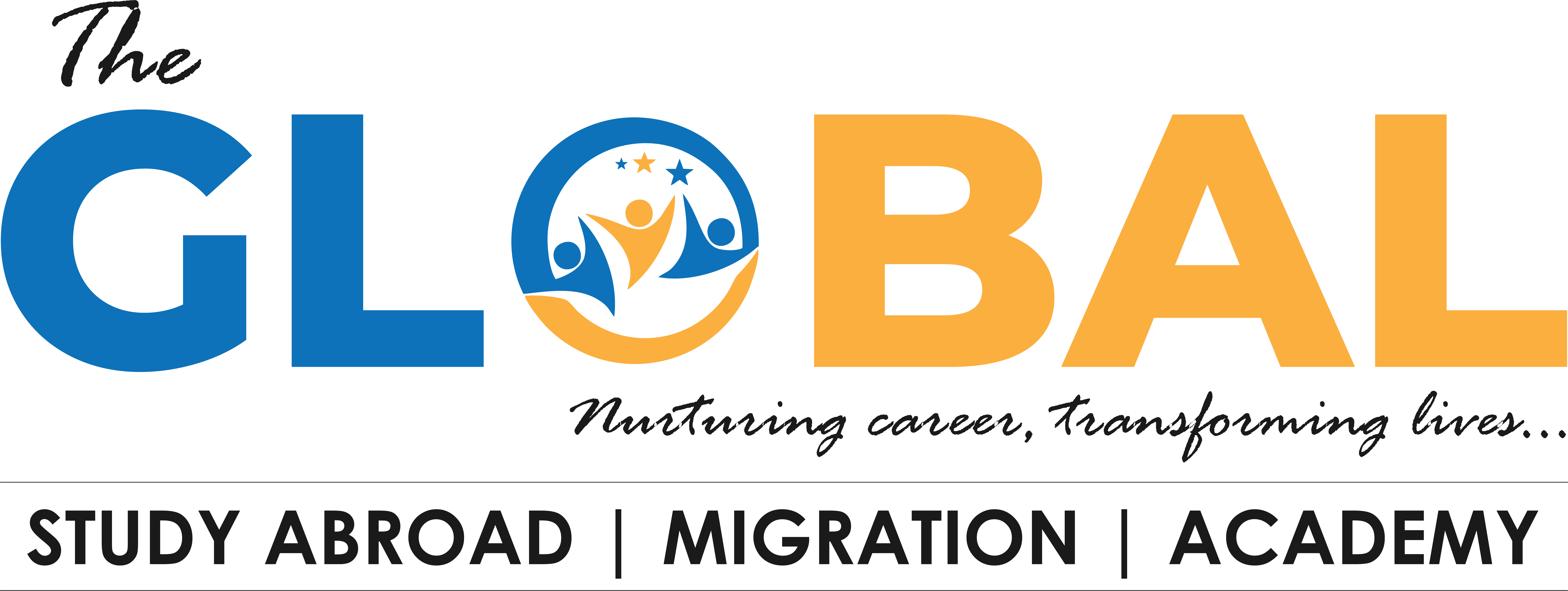- Lad Colony, Indore
- johar.qm@gmail.com
- Mon to Sat: 10:00 to 06:30
Study in Canada - GEIC
- Home
- Study in Canada
Admission Guide
● A completed 10+2 or equivalent from a recognized board or institution with a minimum of 60% marks or more.
● Proof of English language proficiency – IELTS, TOEFL, PTE, or CAEL. The minimum scores vary but generally, it is 6.0 in IELTS, 80 in TOEFL iBT, 50 in PTE, or 60 in CAEL.
● Apply to the university of your choice through their official website or a common application portal, such as OUAC or ApplyAlberta. Pay an application fee of CAD 75 to CAD 250 depending on the university and program.
● Submit your academic transcripts, letter of intent or statement of purpose, letters of recommendation, resume or CV, and any other supporting documents as required by the university and program. Some programs may also require an entrance exam, such as SAT, ACT, or AP for UG courses.
● If accepted, confirm the offer and pay a tuition deposit within the specified deadline.
● Apply for a study permit from the Canadian government, which allows you to study and work in Canada for the duration of your program. Show proof of acceptance from a Designated Learning Institution (DLI), proof of financial support, proof of identity, and medical examination results. The study permit fee is CAD 150.
● A bachelor’s degree or equivalent from a recognized university or institution with a minimum GPA of 3.0 on a 4.0 scale or equivalent. Some programs may require a higher GPA or a specific degree in a relevant field.
● Proof of English language proficiency, such as IELTS, TOEFL, PTE, or CAEL. The minimum scores vary but generally, it is 6.5 in IELTS, 88 in TOEFL iBT, 59 in PTE, or 70 in CAEL.
● Apply to the university of your choice through their official website or a common application portal, such as OUAC or ApplyAlberta. Pay an application fee of CAD 100 to CAD 300 depending on the university and program.
● Submit your academic transcripts, SOP or research proposal, letters of recommendation, resume or CV, and any other supporting documents as required by the university and program. Some programs may also require an entrance exam, such as GRE or GMAT for PG courses.
● If accepted, confirm the offer and pay a tuition deposit within the specified deadline.
● Apply for a study permit from the Canadian government, which allows you to study and work in Canada for the duration of your program. Show proof of acceptance from a Designated Learning Institution (DLI), proof of financial support, proof of identity, and medical examination results. The study permit fee is CAD 150.

Intakes in Canada
Canadian colleges and universities provide three intakes and it may also be referred to as a semester in various universities. There are three intake options in Canada.
➔Fall: A favored intake among students in India, September marks the beginning of the Fall semester.
➔ Winter: It’s preferable if September intake is skipped as it begins in January.
➔ Summer: Available for select institutions and programs, the Summer intake typically begins in April or May.
Leading Courses to Study in Canada
➢ Architecture
➢ ArtificialIntelligence
➢ DataAnalysis
➢ ComputerScience
➢ Business
➢ HumanResourceManagement ➢ Pharmacy
➢ NursingandMidwifery
➢ DentalStudies

Visa Guidelines
Steps to apply for a Canadian Study permit-
1. Requirements for Canadian Study Permit Application
● An offer letter/ acceptance letter from Designated Learning Institution (DIL)
● Passport – Valid travel document
2. Apply for study permit online via Citizenship and Immigration Canada’s (CIC) website Canada Study Visa Application fee: CAD 150+85 (Biometric charges)*. (Subject to Change)
3. Compile supporting documents and complete the application on the website of the Canada High Commission:
a. Offer letter/ letter of acceptance
b. Complete GIC process & payment of 1-year tuition fees
c. Provide IELTS/ TOFEL equivalent results
*The list of documents might vary depending on each student’s course and qualification*
4. Undergo the medical test at specific centers assigned by Canada High Commission.
5. Receive biometrics submission request
6. Visit VFS Global Centre for biometrics submission
7. Submit Statement of Purpose (SOP)/ Letter of Explanation (LOE)
8. Receive passport verification request
9. Submit original passport and pay the processing charge
10. Once approved, collect the passport with visa stamp
NOTE: Prior to submitting their visa applications, students must acquire health insurance. There is, however, a choice between using the university’s health insurance or any other private health insurance scheme.
Make an appointment for counseling with the overseas education consultants at GEIC Indore to know more.

